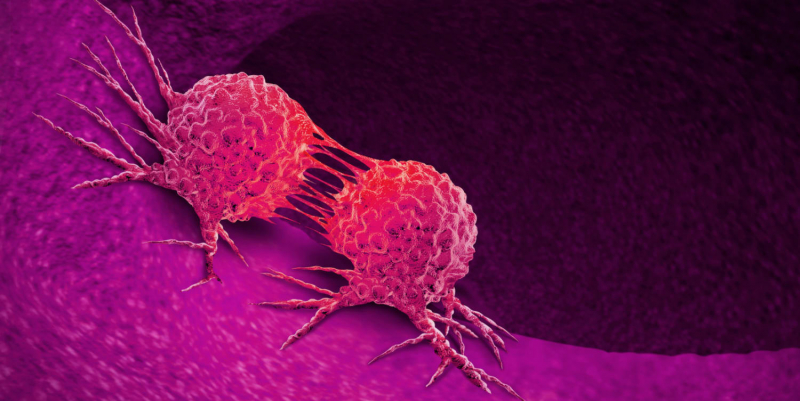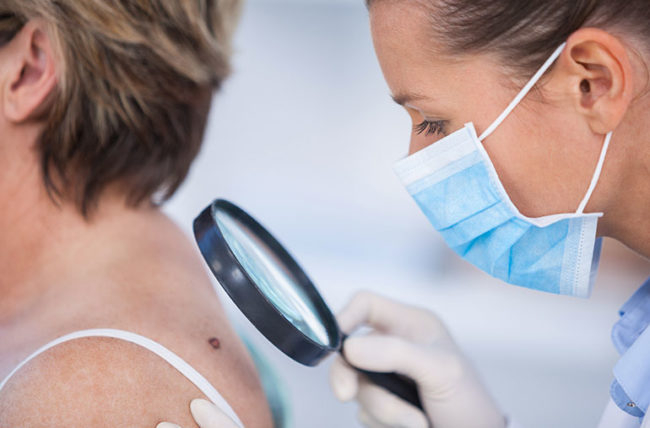Introduction to the Biology of Cancer

Every year, over 500,000 people in the United States and over 8 million people worldwide succumb to cancer. Cancer is becoming more common as people live longer lives, and the disease is anticipated to affect over 20 million people annually by 2030. This free course is for anybody interested in learning more about cancer and how it is avoided, diagnosed, and treated.
The course covers cancer's molecular biology (oncogenes and tumor suppressor genes) as well as the disease's biologic markers. The course also covers the risk factors for lung cancer, breast cancer, colon cancer, prostate cancer, liver cancer, and stomach cancer, among other malignancies. The course explains how cancer is staged, how imaging is used to detect cancer, and how major malignancies are treated. This is one of the best online cancer courses.
This course offers two Honors lectures on liver and prostate malignancies in addition to the main subjects. You will be able to do the following after completing this course:
- Identify the most common cancers in the world. (Lecture 1)
- Explain how genes influence cancer risk and progression. (Lecture 2)
- Make a list of the ten cellular hallmarks of cancer and describe them. (Lecture 3)
- Identify the essential steps in the metastatic process and define metastasis. (Lecture 4)
- Explain how imaging is used in cancer screening, diagnosis, staging, and treatment. (Lecture 5)
- Describe the treatment for cancer. (Lecture 6)
Skills you will gain
- Cancer
- Biology
- Cancer Biology
- Cancer Genetics
Instructor: Kenneth J. Pienta, M.D.
Coursera rate: 4.8/5.0, 6.406 ratings
Offered by: Johns Hopkins University
Enroll here: https://www.coursera.org/learn/cancer









